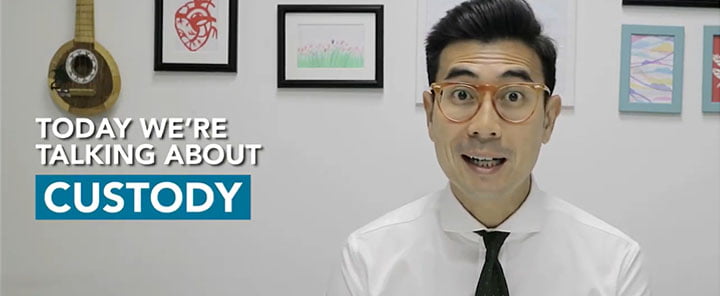Today, we’re talking about custody and what happens after you’ve been taken into custody by the police or enforcement officers after an arrest
So, what exactly happens after a person is arrested? He or she is usually interviewed by the investigators. After which a statement is recorded.
The person can also be asked to take part in what is called an identification parade. This is where the victim or a witness in the criminal investigations is asked to identify the suspect or other persons in the identification parade.
If the suspect is not feeling well or has been injured during the arrest, he should inform the police officers that he requires medical attention so that they can send him to either a clinic or a hospital to receive treatment
The police will also be responsible for providing food, drink and some rest if this is required by the suspect.
A common question that people always ask is, “Can my family members, my next of kin, my lawyers, my wife and people who are worried about me see me during the time that I am being held in custody?”
The answer is this: your next of kin, your family members, your friends and even your lawyer, should contact the investigator to let them know that they are trying to see you as soon as possible.
What happens next is the investigators will contact your family members, your friends and even your lawyer to let them know when it is reasonable and appropriate for them to make contact with you.
What you need to understand is, the investigators will only allow your family members, your friends, to speak with you only after a reasonable amount of time has passed after the investigations to take place.
Importantly, your family members, your friends and your lawyer will not be allowed to see or contact you while the investigations are ongoing, or if seeing or contacting you will interfere or delay the investigations.
Once the investigations have been completed, a charge can be preferred against the suspect. If this is the case, the police will formally warn the suspect that he is about to be charged for a particular offence. And the suspect will be asked to make a statement or give a response or an explanation to the charge.
This is contained in something called a caution statement. And a copy of the statement should be made available to you on your request.
Many people also ask, “What about the statements that I gave during the investigations? All those many interviews and statements that were recorded throughout the 48 hours that I was in custody?”
What people need to understand is, those statements and other witness statements given by witnesses involved and/or assisting with the investigations will not be made available to the suspect or to the witnesses.
One way of obtaining a copy of these statements is to have your lawyer make a request to the prosecution or to the investigators after the case has started.
So that’s it for today. Thanks for watching. See you again soon. Bye-bye!

